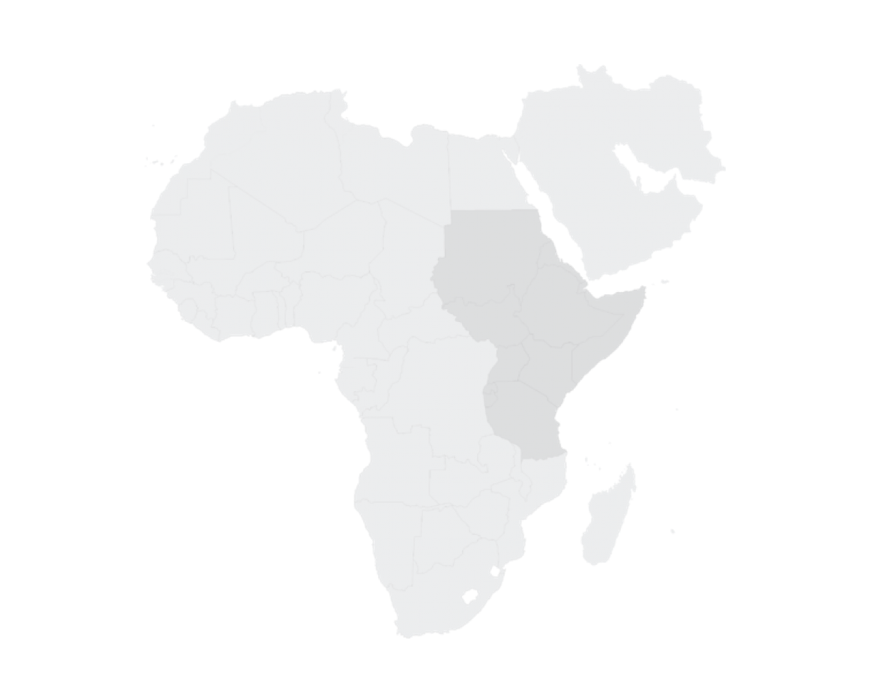DefendDefenders and AfricanDefenders join the rest of the world to commemorate the African Union Day.
Food Insecurity is one of the biggest crises facing our continent today. Two years ago, the world bank reported that one in every five people on the continent faced hunger, and there are fears that the continent might only be able to feed 25% of its population by 2025. Just last month, the World Health Organisation warned that nearly 37million people in the Greater Horn of Africa face one of the biggest hunger crises in the last 70 years, which has left nearly 7million children under the age of five malnourished. By next month, it is estimated that 63.5million people in the East and Southern Africa and 28.5million in West Africa will need some form of food assistance. Thus, this year’s theme: “Strengthening Resilience in Nutrition and Food Security on the African Continent” could not have been better timed.
While the causes for this extremely worrying situation are varied, it is evident that Africa’s food systems and agricultural practices have struggled to adapt to climate change. Food security on the continent declines by 5—20% with each drought or flood, and Africa has had a disproportionate share of these climate-disasters which have become more frequent as pressure on land has increased with increasing populations and development needs. That, coupled with incessant conflicts that disrupt settled livelihoods and lead to communal displacement of people, has ensured that while Africa is home to 60% of the world’s arable land, it remains a net importer of food, with its food import bill expected to rise to $110billion by 2025.
African Union must therefore realise that stemming this looming crisis is critical to realising its number one aspiration in its Agenda2063 development blue-print – A Prosperous Africa, based on Inclusive Growth and Sustainable Development. There cannot be sustainable development without food security. To realise Agenda2063’s aspirations and its accompanying goals – healthy and well-nourished citizens in environmentally sustainable and climate-resilient economies and communities, the African Union and member states must rise to the responsibility of stemming the tide of climate change by embracing environmentally responsible agricultural and development practices.
Already, the movement for environmental conservation and sustainable development practices is gaining momentum on the continent, thanks to the courageous and pioneering efforts of climate activists and environmental rights defenders. Alarmed by everyday-lived realities of ever increasing food shortages, decreasing land productivity and acutely extreme and volatile climatic seasons that are decreasing land productivity, increasing food-shortages and affecting livelihoods, these trail-blazing activists have stepped up to challenge environmentally insensitive development policies in their countries, confront multinational capital that’s scaling up investment in Africa’s energy, mining and infrastructure sectors, and to demand due compensation and resettlement of affected and displaced persons.
Between February and March this year, we interviewed and highlighted some of these -especially women environmental rights defenders’ efforts in Uganda, via a social media campaign dubbed #shedefends. Those efforts were but just an example of what is happening all-over the continent, of young Africans – from Kenya to Chad, South Africa to Nigeria, Zimbabwe to Ghana among others, rising to forestall climate change that threatens not just their own livelihoods, but also their future and that of their children. These activists are allies to the quest for a food secure and sustainably developed continent. African Union should support them.
Hassan Shire,
Executive Director DefendDefenders and Chairperson, AfricanDefenders.

